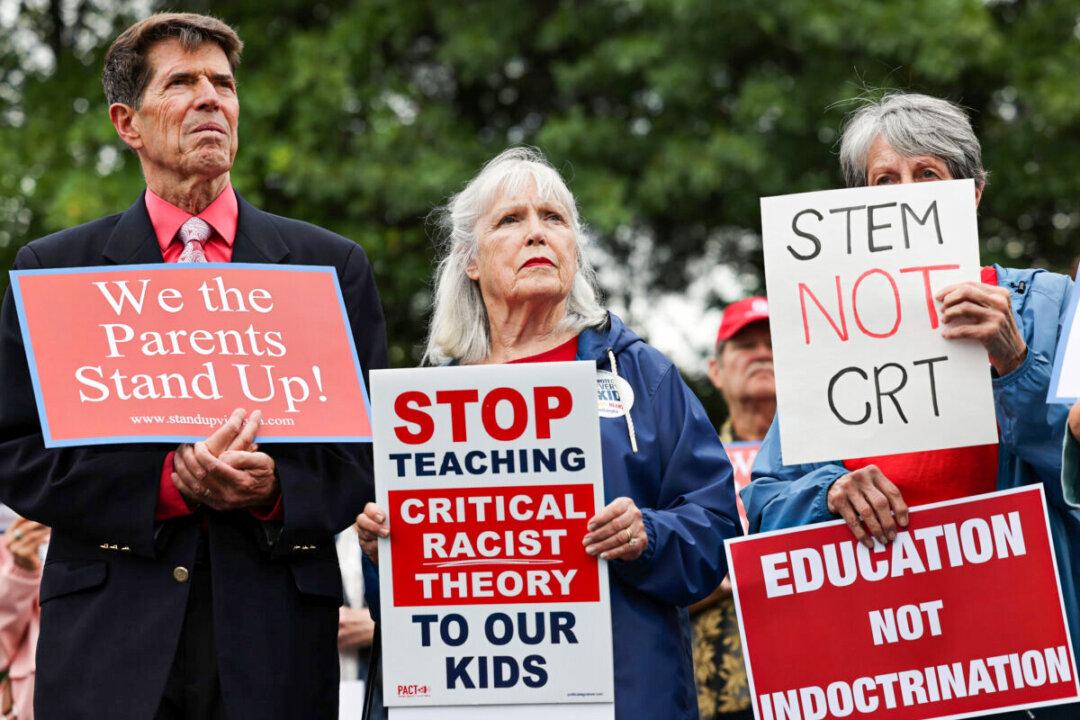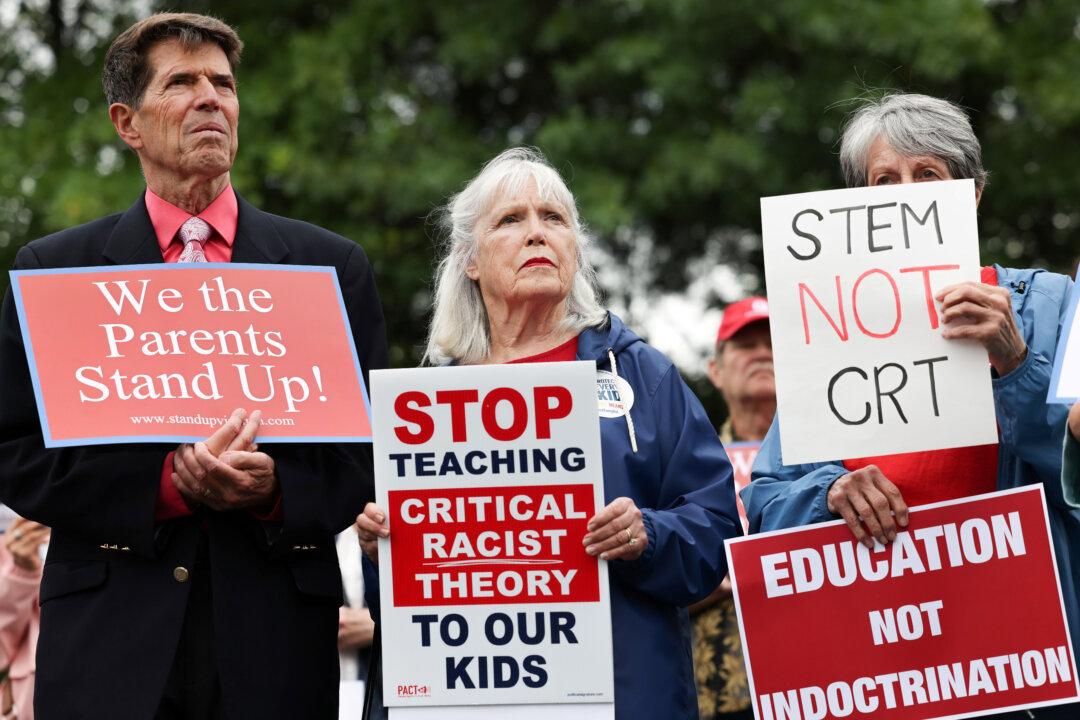Commentary
In 2017, President-elect Donald Trump sent pharmaceutical stocks into a nosedive by speaking an important truth. Drug companies, he said, are “getting away with murder” with their pricing of lifesaving drugs. True to his word, the president, since his election, has pushed for needed reforms aimed at lowering the costs of prescription drugs.





